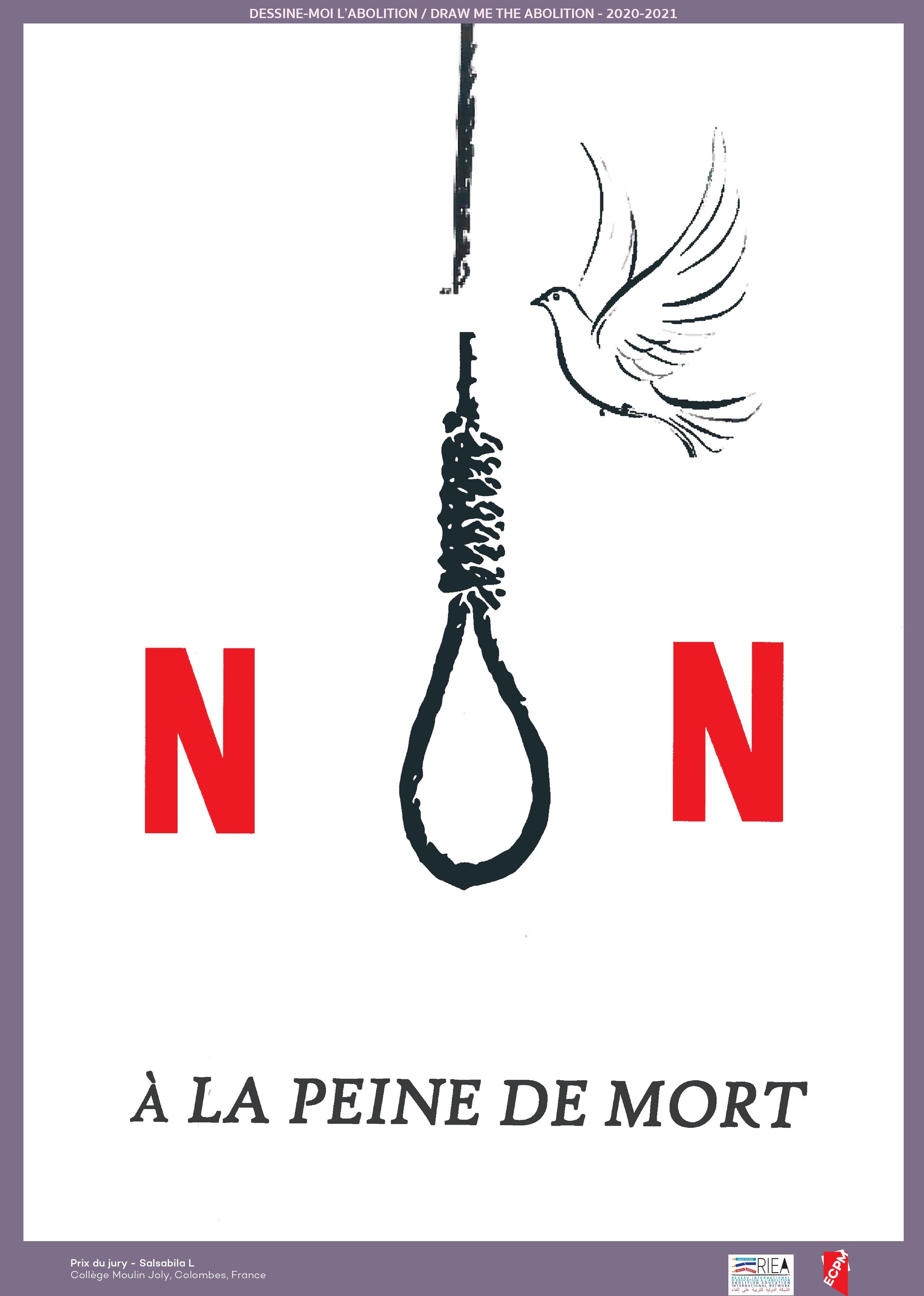Abolition of the Death Penalty in Europe
Abolition of the death penalty remains high on the Council of Europe’s political agenda. For the Council of Europe, abolition does not stop at Europe’s borders.
The Council of Europe has created a death penalty free zone in its 46 member states. It has been more than a quarter of a century since the last execution in 1997.
In the early 1980s, the Council of Europe became a pioneer for the abolition of capital punishment, considering it to be a grave violation of human rights. The organisation’s Parliamentary Assembly gradually persuaded governments to help Europe become the first region in the world to permanently outlaw the death penalty. The prohibition of the death penalty has also become a precondition for membership since the 1990s.
In 1983, the Council of Europe adopted the first legally binding instrument providing for the unconditional abolition of the death penalty in peacetime: Protocol No. 6 to the European Convention on Human Rights (ECHR). This text is currently ratified by all 46 member States.
In 2002, the Council of Europe adopted Protocol No. 13 to the ECHR concerning the abolition of the death penalty in all circumstances, in other words also in time of war or of imminent threat of war. Reservations to and derogations from the Protocol are not possible. The Protocol entered into force on 1 July 2003. It has to date been signed and ratified by 45 member States.

© Salsabila Lalienne, Laureate of the 5th international competition “Draw me abolition” organised by ECPM and the International Education Network on Abolition
www.coe.int/abolition
Directorate General
Human Rights and Rule of Law
Coordinator for the Abolition of the death penalty
Mr Sebastien Potaufeu






